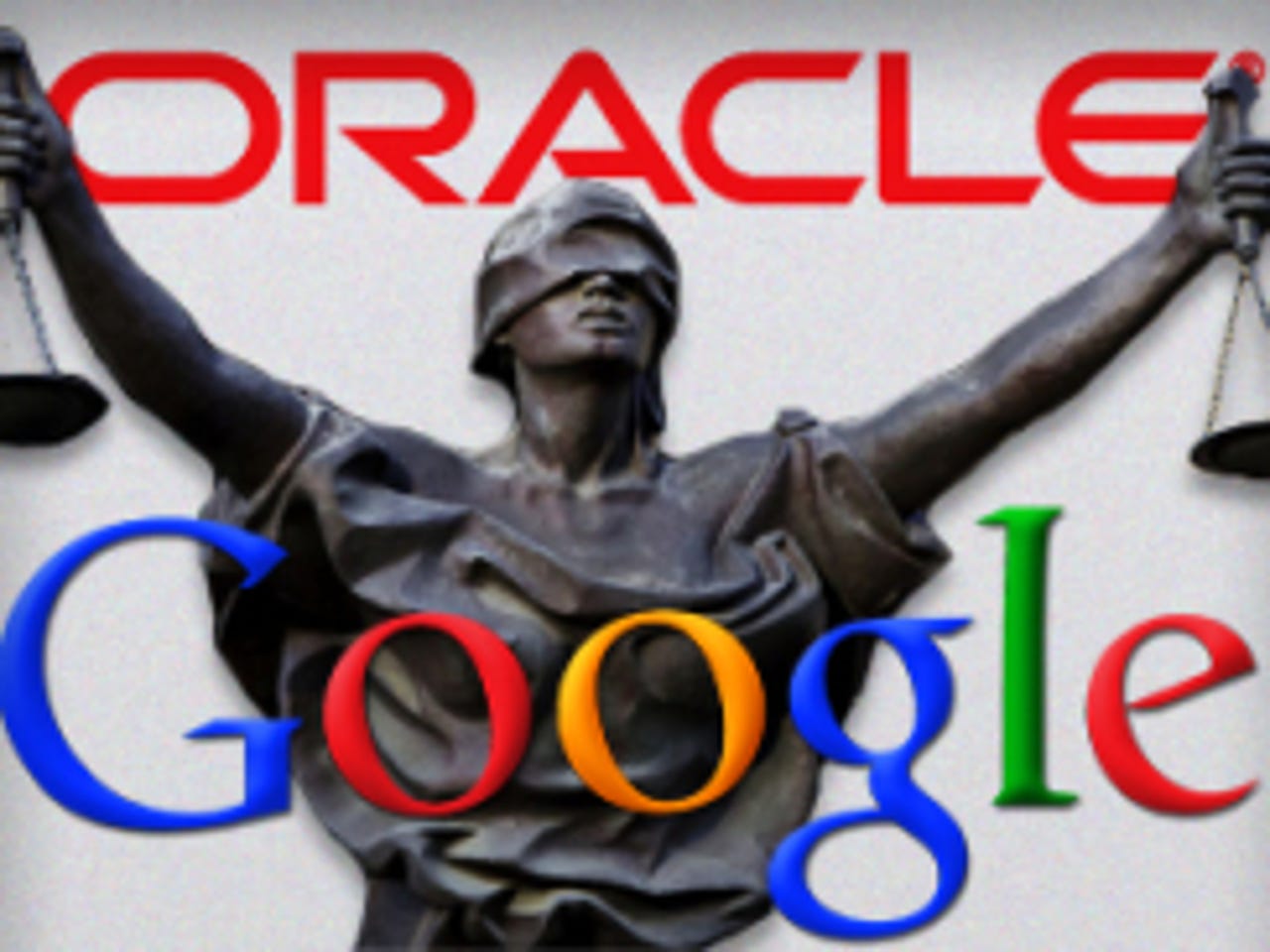Google pushes to take Oracle Java copyright case to Supreme Court

Google has had enough of its long-running legal battle with Oracle over whether application programming interfaces (API)s can be copyrighted. The search giant has asked the Supreme Court of the United States (SCOTUS) to bypass further battles in lower courts and address the API copyright issue once and for all. SCOTUS, in return, is soliciting the Obama administration for its view of the case before moving forward.

You see the real issue here isn't the nine -- yes, nine -- lines of copyrighted code that the courts has so far ruled Google took from Oracle. No, the real billion dollar plus question is: Can APIs be copyrighted at all?
Google's allies HP, Red Hat, and Yahoo -- in their amici curiae to SCOTUS -- insist that treating APIs as copyrightable would do horrible harm not just to Google, but to the entire software business. They state:
Computer programs achieve compatibility and interoperability with each other through a multitude of specifically defined interfaces. The use of computer program interfaces of others for compatibility and interoperability purposes is both ubiquitous and essential to the operation of information and communication technologies and infrastructures. This fact has become even more so in today's ever more highly networked world. The freedom to utilize, implement, re-implement, and extend existing interfaces, without the need to negotiate a copyright license, has been the key to competition and progress in the computer, information technology, communication technology, and networking fields since their beginning. The Federal Circuit's decision below calls into question a key legal premise upon which innovation has blossomed in those fields.
They're not the only one that see making APIs copyrightable as a major mistake. The Electronic Frontier Foundation (EFF) stated that "Treating APIs as copyrightable would have a profound negative impact on interoperability, and, therefore, innovation. APIs are ubiquitous and fundamental to all kinds of program development. ... Allowing a party to assert control over APIs means that a party can determine who can make compatible and interoperable software, an idea that is anathema to those who create the software we rely on everyday. Put clearly, the developer of a platform should not be able to control add-on software development for that platform."
In short, this case -- while superficially a battle between Google and Oracle -- is really one that will determine the future of software development. Sooner or later, this case will arrive before SCOTUS. Personally, I think the sooner it's decided that APIs cannot be copyrighted, the better.
Related Stories: